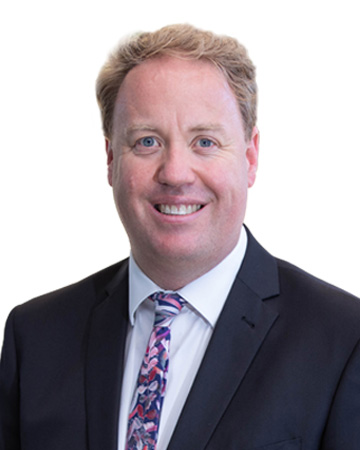
Local government reform to boost public access to council meetings
- Recordings of all council meetings to be published online, including mandatory livestreaming for all larger local governments - improving public access and transparency
- Reforms to cut accounting red tape and reduce costs for ratepayers
- Supporting local council members to undertake further education and training
The Cook Government continues to progress the most substantial local government reforms in more than 25 years, through new regulations published today.
These regulations continue the delivery of reforms legislated by the Western Australian Parliament earlier this year, and follow major changes to council elections that are already in effect.
All larger local governments will now be required, by law, to livestream council meetings, and to place video recordings online. Smaller local governments are required, at a minimum, to publish audio recordings of meetings.
While many local governments have already made this change, a transition-in period will run until 1 January 2025 to allow the very few last remaining councils to install suitable audiovisual equipment. The regulations require local governments to keep recordings online for a period of at least five years.
These regulations also contain further measures to simplify financial reporting, to cut red tape and reduce complexity. Changes to the regulations regarding the valuation of infrastructure assets (such as local roads, bridges, and council buildings) will clarify that, in most cases, local governments will only need to determine the accounting value of the asset every five years, rather than every year.
This new measure is expected to substantially streamline the annual reporting process for local governments. This reform also follows the recent standardisation of financial statements, which has already simplified the reporting process for the 2022-2023 financial year, reducing the costs paid by ratepayers.
New regulations will also enable local governments to reimburse the education expenses of council members for any course that is relevant to their role as a council member. Local governments will now be able to establish a policy for how the costs of relevant further education - such as fees for short courses - may be reimbursed to council members.
The regulations allow for flexibility, so that courses for any topic areas relevant to a local government may be paid by the local government in line with its policies. This landmark reform is expected to support a broader range of people to serve on council, and ensure that council members can continue to develop their skills and knowledge while serving in public office.
The new regulations also include measures to stamp out the use of "sham leases", based on the recommendations of the City of Perth Inquiry. These regulations introduce new minimum standards for the eligibility of occupiers of properties to enrol or nominate in local government elections.
These changes are aimed at preventing the creation of fraudulent leases by people who would not otherwise be an elector of a local government - ensuring that only people with a legitimate interest in a local area can participate in council elections. These changes will transition in ahead of the next local government ordinary elections in 2025.
Work on the delivery of further reforms, including the new Local Government Inspector and Monitors, is also continuing in close consultation with the local government sector.
Comments attributed to Local Government Minister David Michael:
"Ratepayers want to have a clear view into their local council meetings. We have seen how the livestreaming and broadcasting of council meetings has increased public access and awareness about how decisions are made at councils.
"Livestreaming became the standard for many local governments during the pandemic. Livestreaming and recording make it easy for anyone to listen into their local council meetings.
"Allowing local governments to reimburse the costs for council members who want to pursue further study relevant to their role on council is a landmark change. This is an investment in ensuring that council members can, if they wish to, learn and investigate more about the issues that the local government must contend with in serving their community.
"The changes to owner and occupier eligibility ensure fairness in the local government electoral roll.
"I deeply appreciate the involvement of the WA Local Government Association and LG Professionals in working with the State Government to get the details in these reforms right.
"Having the support of the sector has ensured that we have been able to continue to introduce reforms smoothly, supporting local government across the State to bring in changes that are delivering results for ratepayers."


